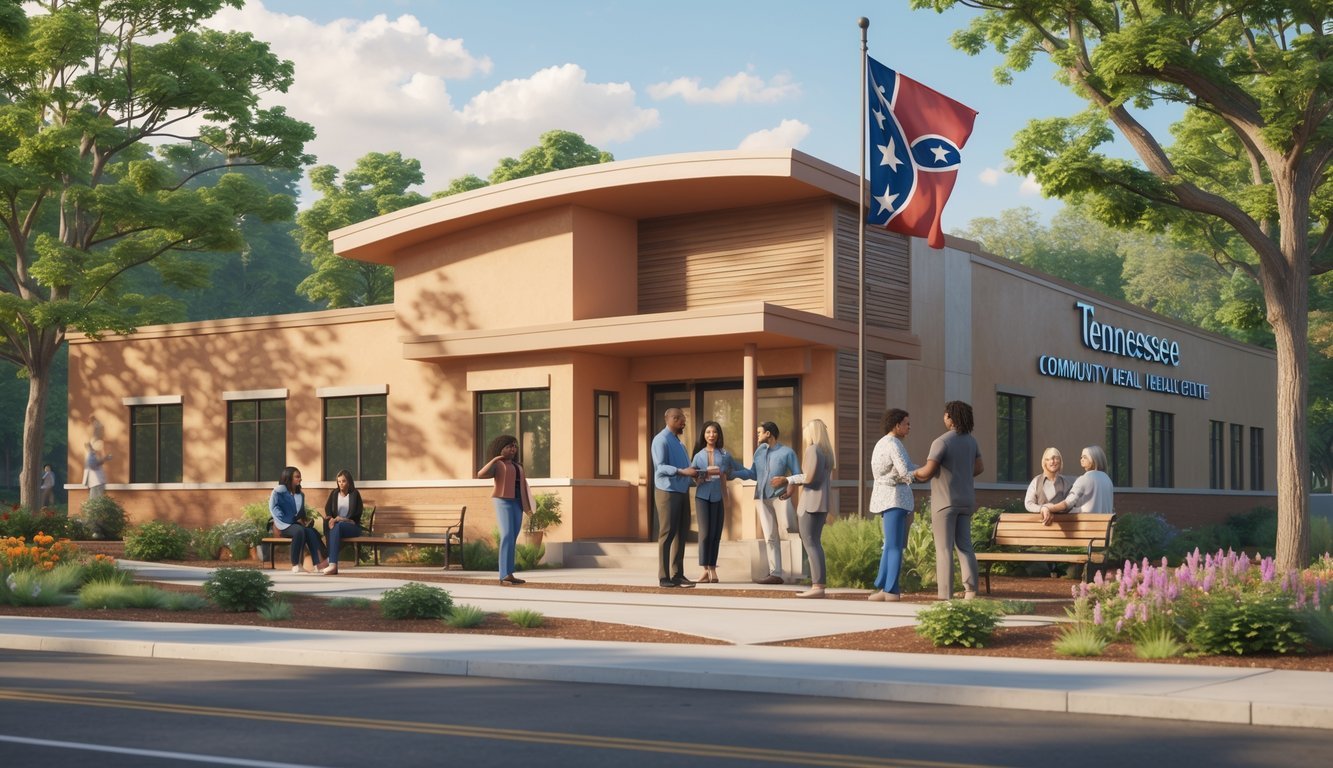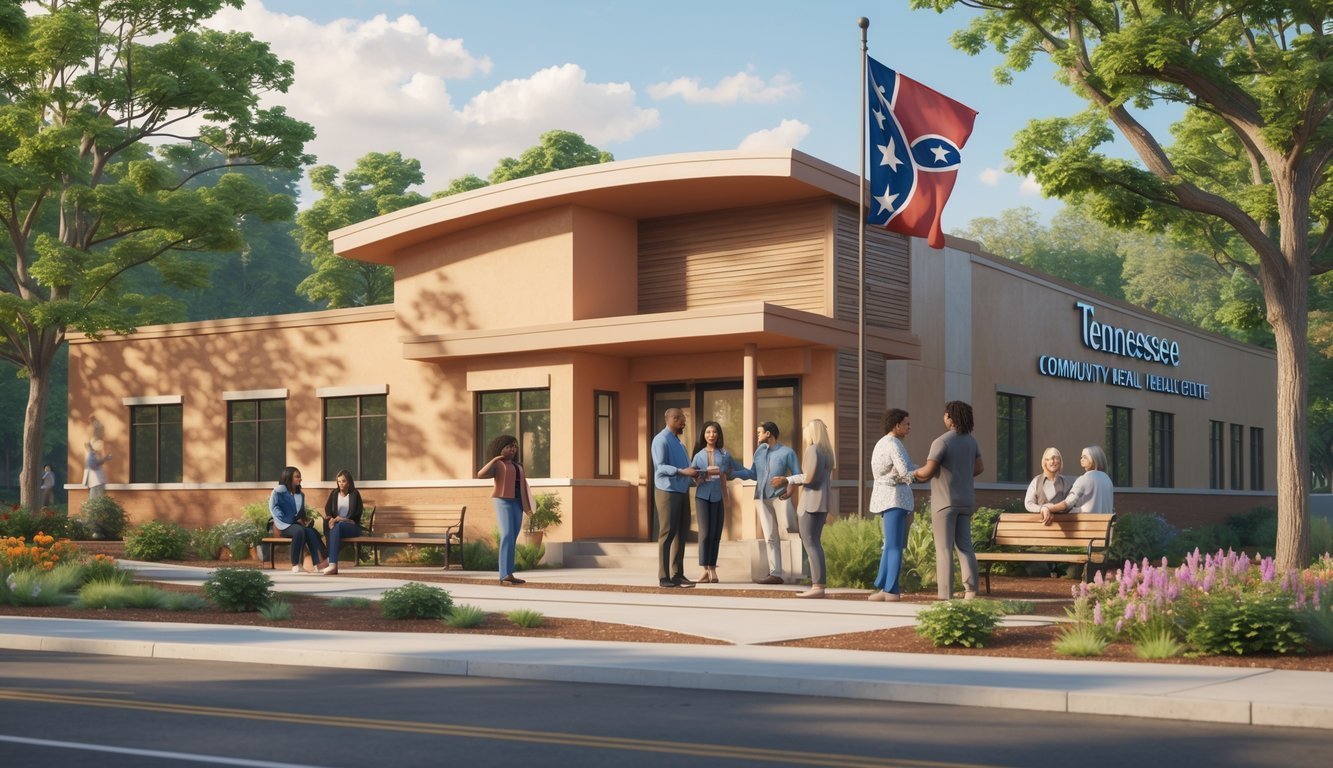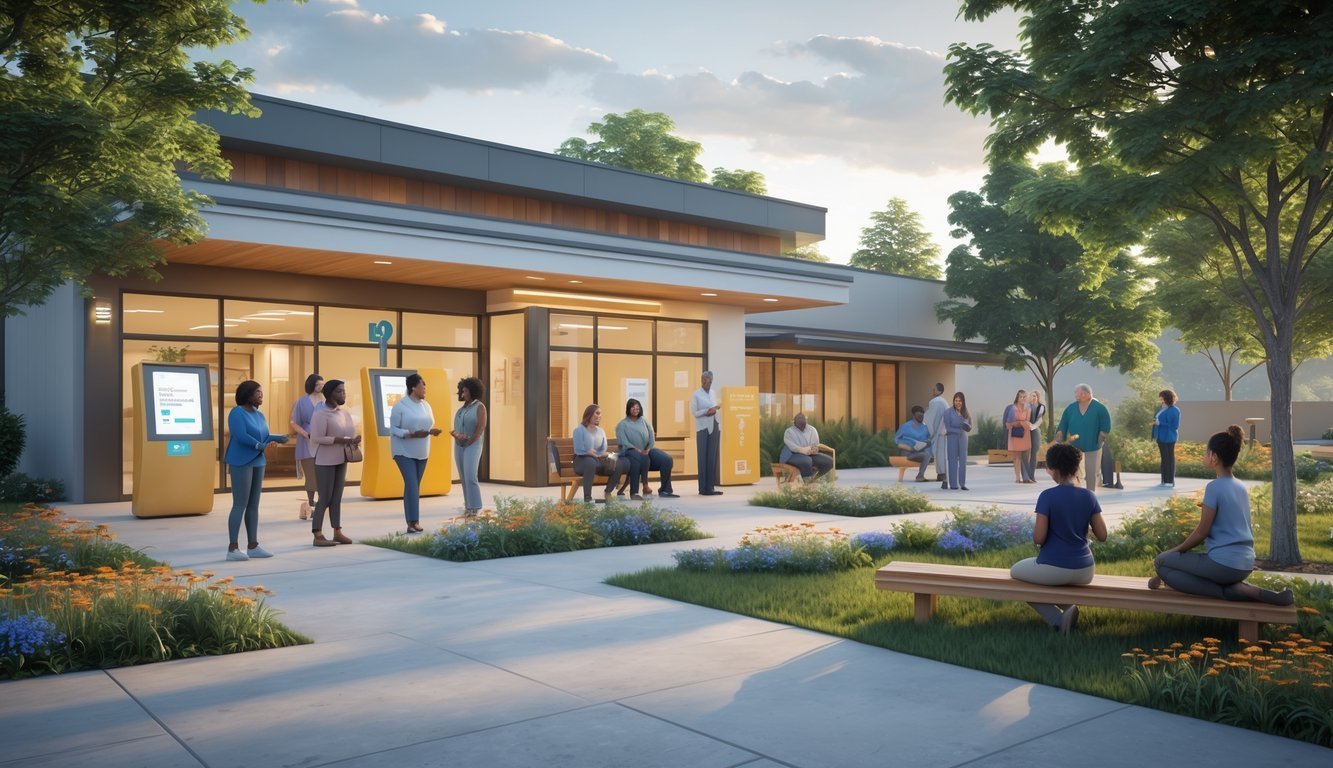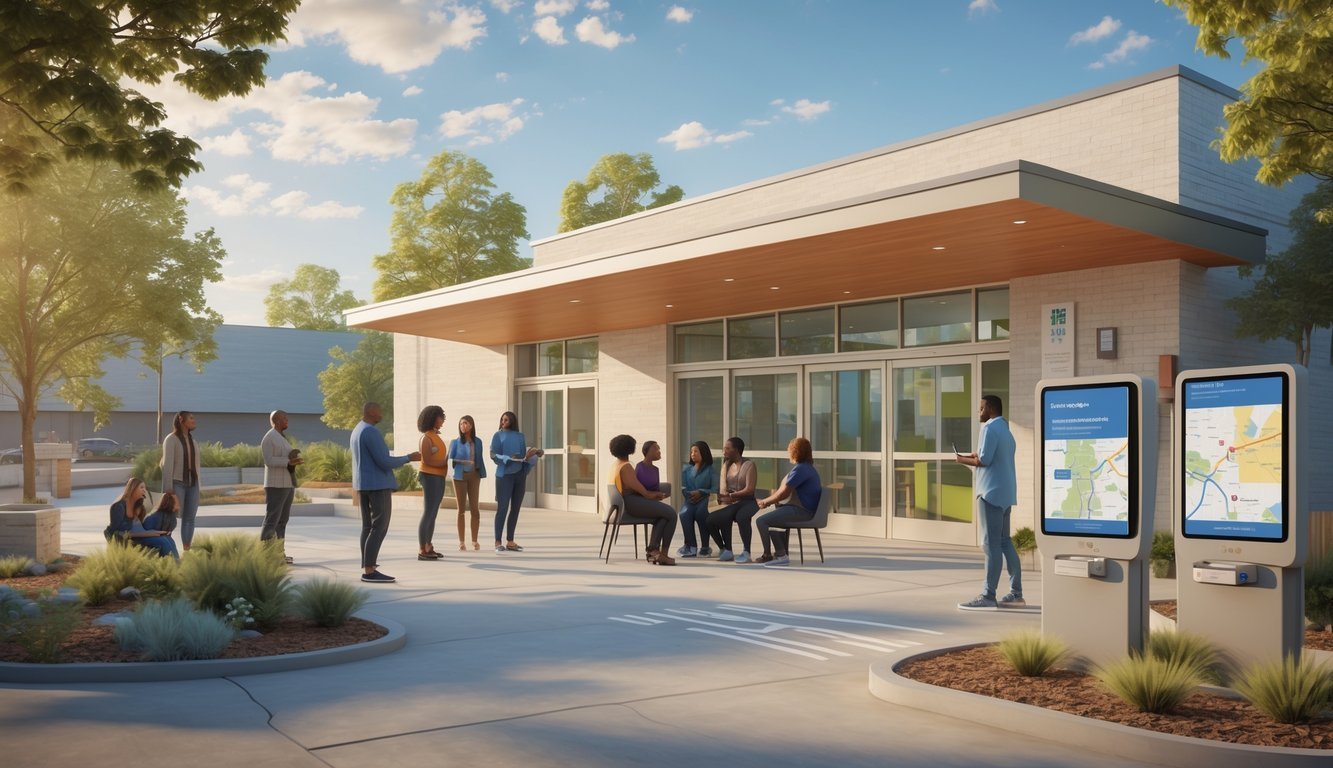PsychNewsDaily Publishers
100 Summit Drive
Burlington, MA, 01803
Telephone: (320) 349-2484
PsychNewsDaily Publishers
100 Summit Drive
Burlington, MA, 01803
Telephone: (320) 349-2484
Tennessee offers various no-cost mental health services, including crisis intervention, outpatient therapy, and peer support, accessible through state programs and nonprofit organizations statewide.

Mental health support shouldn’t depend on your wallet. In Tennessee, you’ll find plenty of free mental health services from state programs, nonprofits, and community health centers. They offer counseling, crisis help, and support at no cost to people who live here.

The state runs several programs like community-based services, crisis support, and the Behavioral Health Safety Net for uninsured adults and children. Local health departments and nonprofit centers also give free counseling across Tennessee.
A lot of these programs use a sliding fee scale based on your income. So, money shouldn’t keep you from getting help.
Knowing what’s out there and how to get it can really change things. University counseling clinics and regional nonprofits have built a network to help people, no matter their financial situation.

Tennessee has several free mental health care options through community groups, state programs, and schools. You can find crisis support, ongoing therapy, and peer-based programs.
Crisis intervention services help you right away if you’re having a mental health emergency. These programs run 24/7 and help people in urgent need.
Community mental health centers across Tennessee have crisis hotlines. You can call anytime for support and advice.
Crisis services usually offer:
Some programs send mobile crisis teams to your location if things get really tough.
In bigger cities, you can walk into crisis centers without an appointment. They’re there for you when you need fast help.
Free outpatient counseling gives you ongoing care without staying overnight. These services help with depression, anxiety, trauma, and more.
CAPS gives free, confidential counseling to students currently enrolled. Licensed professionals offer both one-on-one and group sessions.
Community mental health centers across Tennessee provide free or low-cost therapy. You usually need to meet income guidelines to qualify.
Typical outpatient services:
Most programs use a sliding fee scale, so your cost depends on your income.
Peer support links you with people who’ve gone through similar mental health struggles. These programs are free and focus on sharing experiences and helping each other out.
Peer support specialists are people in recovery who guide others through mental health care. They use their own stories to help.
Peer programs might offer:
Many peer groups meet at community centers or churches. Some organizations also run online support groups you can join from home.
Advocacy services teach you about your rights as a mental health care consumer. They can help you with insurance problems or complaints about treatment.

Tennessee gives mental health care through state programs and nonprofits for people without insurance or with low income. You’ll find counseling, crisis help, and treatment programs statewide.
The Behavioral Health Safety Net connects you to free and low-cost mental health care based on where you live and your needs. This network includes community mental health centers in every Tennessee county.
You can get services at Regional Mental Health Institutes in Nashville, Memphis, Moccasin Gap, and Bolivar. These places offer both inpatient and outpatient care for serious mental health conditions.
Community Mental Health Centers provide:
The state uses a sliding fee scale based on your income. Even if you can’t pay, you can still get help.
Several nonprofits give mental health care across Tennessee. NAMI Tennessee runs support groups, education, and advocacy for free.
The Tennessee Association of Mental Health Organizations connects you with local providers. Mental Health America of Middle Tennessee offers screening, counseling, and crisis support in the Nashville area.
Faith-based groups also provide counseling:
Many nonprofits get federal block grant funding to keep services free or affordable for those who qualify.
Most state-funded programs ask for proof that you live in Tennessee and check your income. You usually qualify if your income is below 200% of the federal poverty line.
You’ll need:
You can apply right at community mental health centers. Many places let you walk in during a crisis. For non-emergencies, you might have to wait.
Call 2-1-1 from any phone to find mental health services near you. This free service runs 24/7 and has info in several languages.

People in Tennessee sometimes run into long wait times or not enough providers when they try to get free mental health services. Figuring out your options for fast care, handling delays, and using tech-based help can get you support sooner.
Walk-in clinics give you immediate mental health help, no appointment needed. They’re often the first place people go during a crisis.
Walk-in services might include:
A lot of Tennessee community health centers use sliding scale fees based on income. You might pay as little as $10-20 per visit.
Look for clinics that take patients without insurance. It’s smart to call ahead and check what they offer.
Some walk-in clinics provide short-term psychiatric care and connect you to longer-term options. These centers usually have teams with social workers and peer advocates.
Bring with you:
Mental health services often have long waitlists because there aren’t enough providers and lots of people need help. While you wait, you can try a few things.
Get on waitlists at several places. Ask if there’s a cancellation list for earlier appointments.
Peer support groups can help while you wait. These free meetings let you talk with others in similar situations.
Other resources while waiting:
Some clinics offer group therapy with shorter waits than for one-on-one counseling. Group sessions usually cost less and may be available sooner.
Check with providers about their cancellation policy. Sometimes, they call with openings on short notice.
You can also ask to be contacted if new therapists join or if more funding opens up for extra services.
Telehealth breaks down distance barriers and usually costs less than seeing someone in person.
A lot of providers in Tennessee now offer video sessions for mental health care.
You can find several apps with free mental health resources. Try to pick ones that use proven methods like cognitive behavioral therapy and have mood tracking.
Benefits of Telehealth:
Double-check if your provider allows telehealth for new patients. Sometimes, they’ll ask you to come in for a first visit before you switch to video.
Many free or low-cost telehealth platforms have licensed therapists. Always look into each platform’s credentials and privacy rules before you sign up.
Mobile crisis teams in Tennessee can also help with telehealth during emergencies.
They’ll connect you with a mental health professional over video if you can’t get to a facility.
Make sure your internet works well and you have a private spot for your appointment.
It helps to test your tech before the session so things go smoothly.